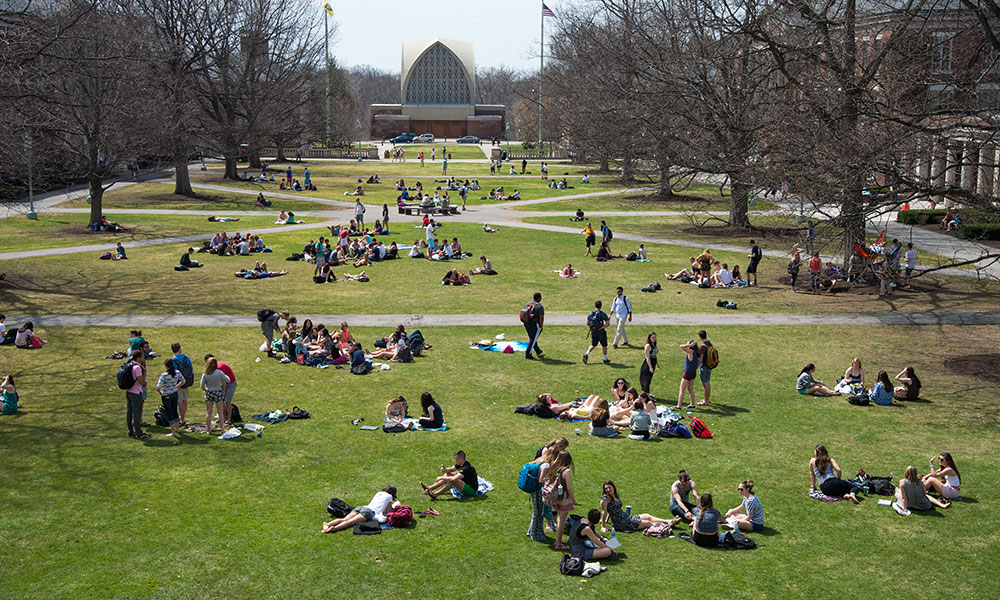
College social life can predict well-being at midlife
A new 30-year longitudinal study shows that the quantity of social interactions a person has in their 20s—and the quality of the social relationships they have in their 30s—can benefit his or her well-being later in life. The study participants, now in their 50s, took part in the Rochester-Interaction Record (RIR) study as college students in the 1970s and again as 30-year-olds in the 1980s.
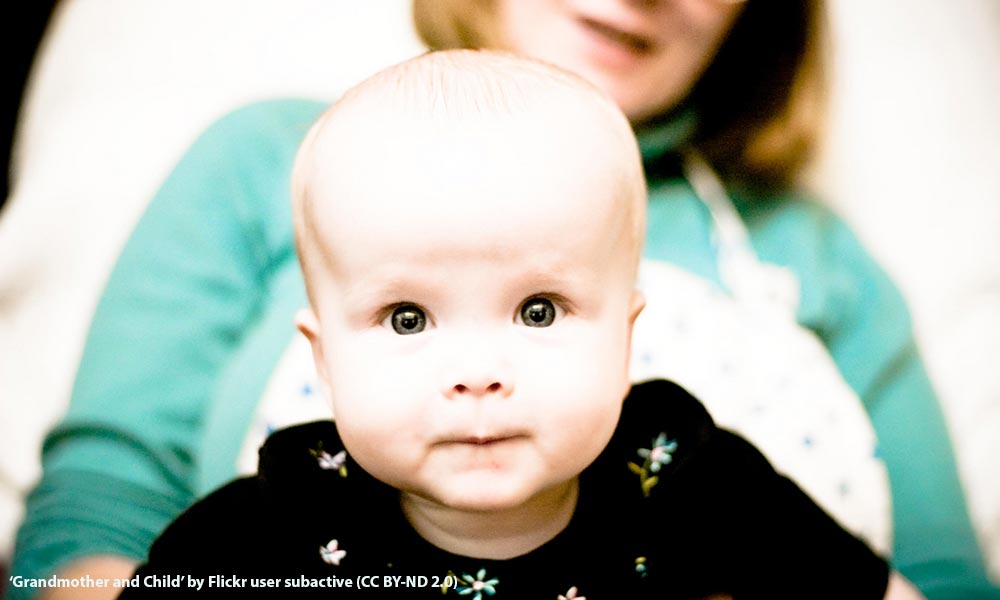
Babies’ expectations may help brain development
A series of studies with infants 5 to 7 months old has shown that the portion of babies’ brains responsible for visual processing responds not just to the presence of visual stimuli, but also to the mere expectation of visual stimuli.

How understanding GPS can help you hit a curveball
Our brains track moving objects by applying one of the algorithms your phone’s GPS uses, according to researchers at the University of Rochester. This same algorithm also explains why we are fooled by several motion-related optical illusions, including the sudden “break” of baseball’s well known “curveball illusion.”

Stress in low-income families can affect children’s learning
Children living in low-income households who endure family instability and emotionally distant caregivers are at risk of having impaired cognitive abilities according to new research from Rochester’s Mt. Hope Family Center.
White House recognizes Beth Olivares
Dean for diversity initiatives was one of 15 honored for her dedication to mentoring students studying science, mathematics, and engineering. Beth Olivares shares her talents in many ways at the…
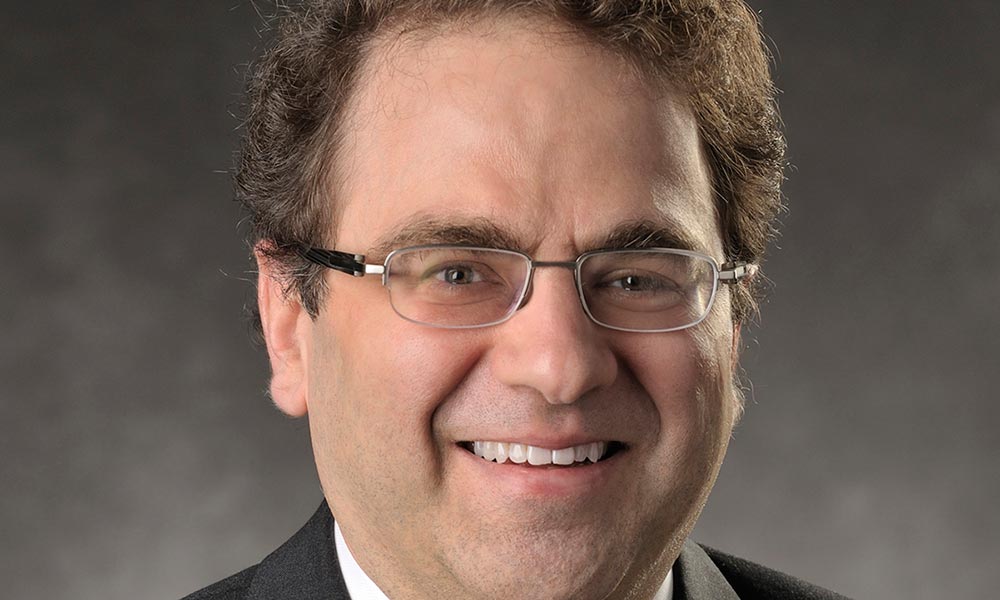
Narayana Kocherlakota named first Lionel W. McKenzie Professor of Economics
Narayana Kocherlakota, president of the Federal Reserve Bank of Minneapolis and a leading scholar of monetary and financial economics, has been appointed as the inaugural Lionel W. McKenzie Professor of Economics. His appointment is effective January 1, 2016.
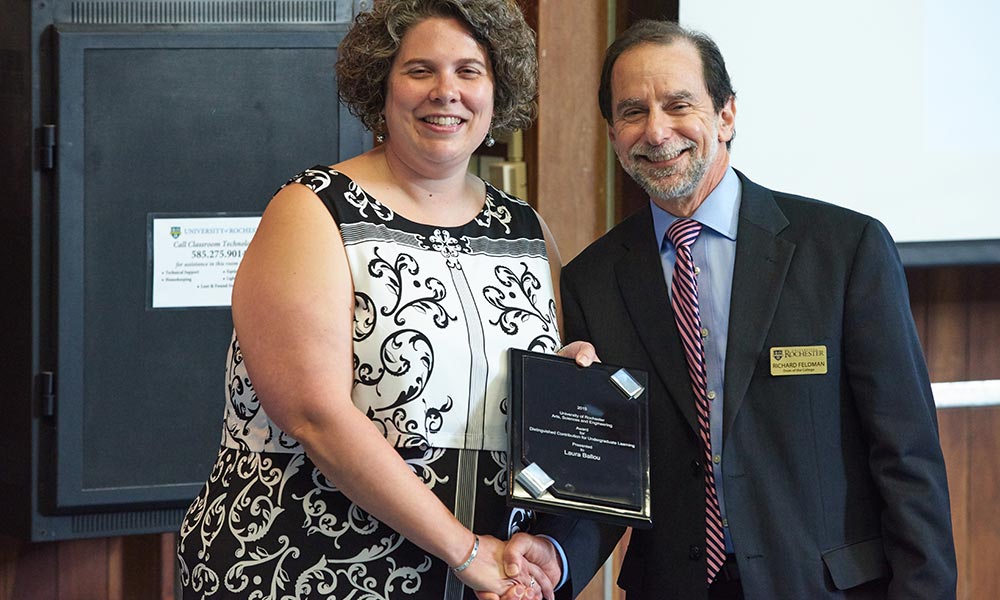
Laura Ballou honored for contributions to undergraduate learning
Laura Ballou, assistant dean of sophomores and director of Wilson Commons, is the inaugural recipient of the Distinguished Contributions to Undergraduate Learning Award. The new award has been established to honor a staff member in Arts, Sciences & Engineering who has made a significant difference in the educational experience of students.

Thinking alike changes how we speak
As social creatures, we tend to mimic each other’s posture, laughter, and other behaviors, including how we speak. Now a new study from brain and cognitive sciences researchers shows that people with similar views tend to more closely mirror, or align, each other’s speech patterns. In addition, people who are better at compromising align more closely.
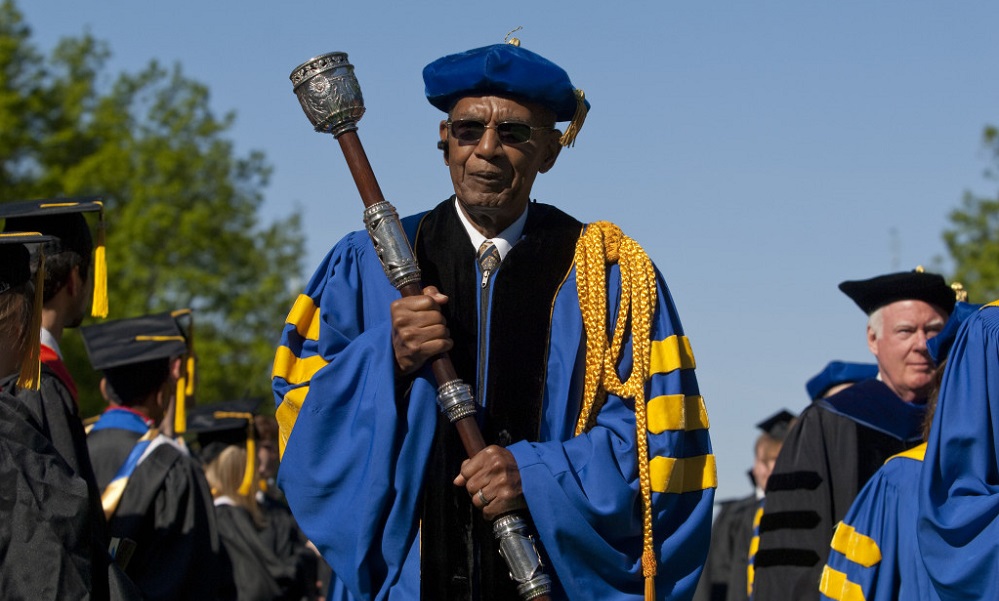
Jesse Moore—history professor, diversity champion, and grand marshal—remembered
Jesse T. Moore Jr., a professor emeritus of history and prominent scholar of American and African-American history who helped focus the University’s efforts to bring diversity to its academic programs and community, died Saturday, April 18, at the age of 82, after a battle with cancer.
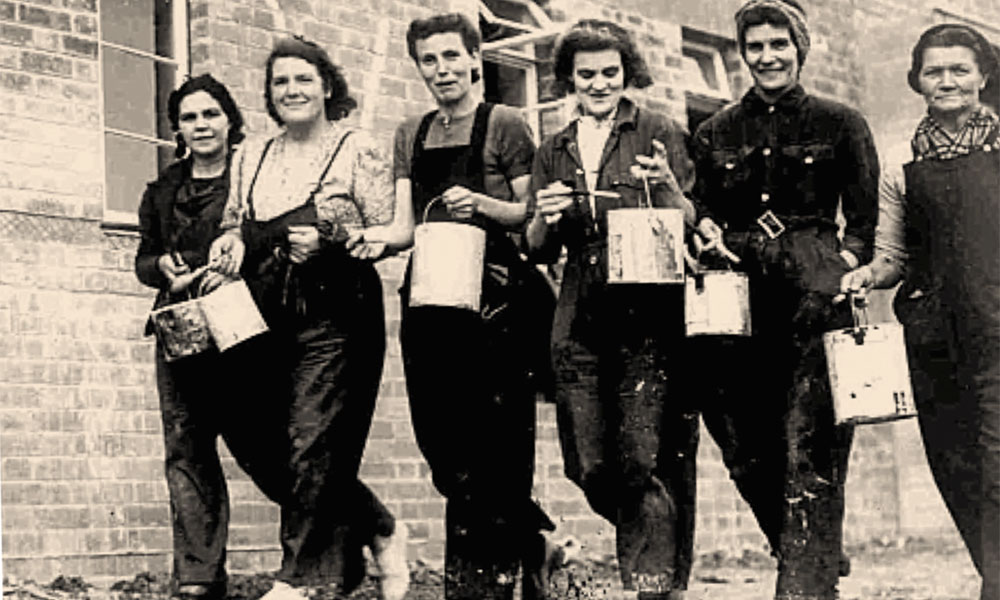
Talk explores ‘Hidden American Histories of World War II’
Combat GIs dominate the history of Americans abroad during World War II. But these soldiers constituted only a small fraction of the unprecedented millions of Americans who mobilized for war. Brooke Blower, a Boston University historian, explores the backstories of a diverse group of noncombatants and their paths into global war.
